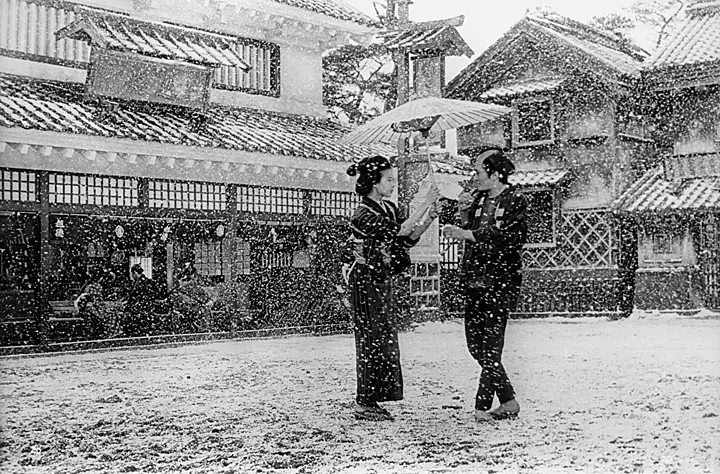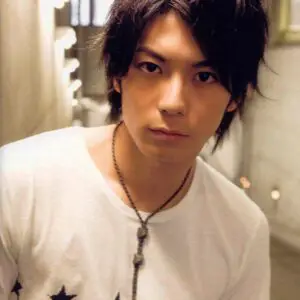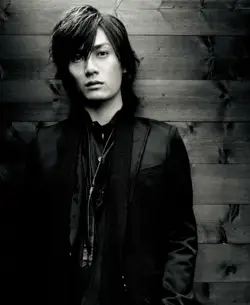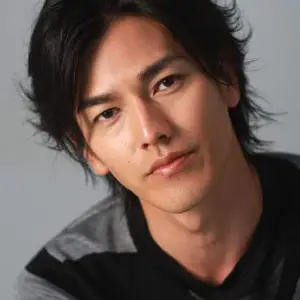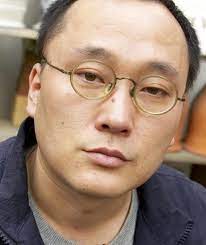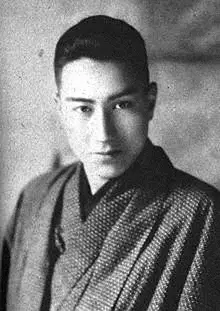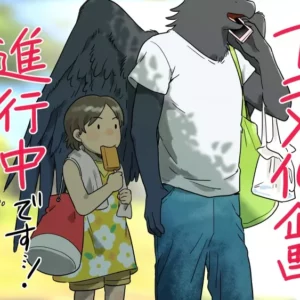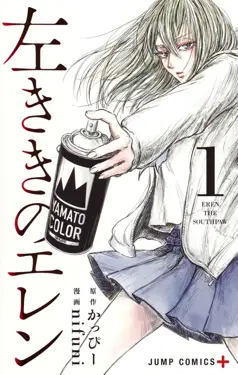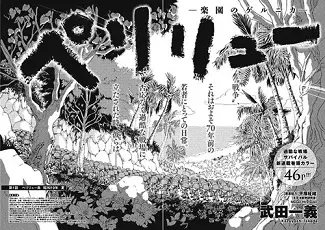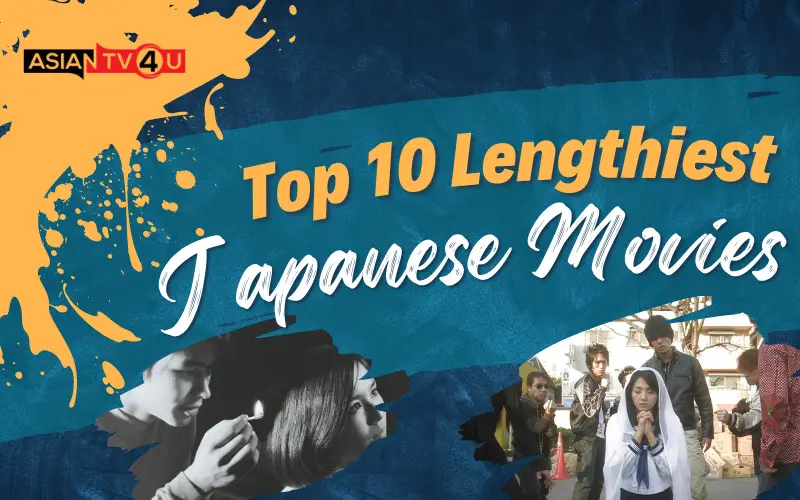
Long movies often mean a longer story and research has shown that longer movies tend to have a higher grossing rate at the box offices. Long movies also attract moviegoers more as they know to expect a story and most long films feel like an adventure. Here we are going to be talking about the ten lengthiest Japanese movies. Most of the films in this list are over 3 hours long.
1. Seven Samurai
Japanese Shichinin no samurai is a 1954 Japanese action film co-written and directed by Akira Kurosawa and is regarded as one of the best and most influential films ever produced.
The template for the now-common cinematic storyline in which a gang of odd individuals meet and unify for the sole goal of carrying out a mission has been mentioned as Seven Samurai.
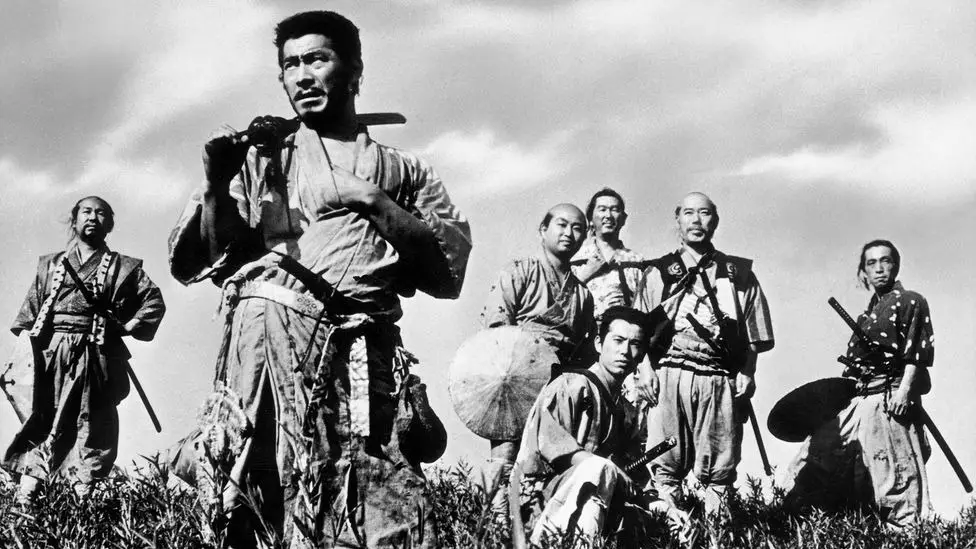
2. Love Exposure
"Love Exposure" is a film about love, family, religion, and sex that recounts an epic story about love, family, religion, and sex.
Yu Tsunoda and Yoko Ono meet in the most unlikely of situations. Yu agrees to go into the city dressed as a woman and kiss the first lady he encounters after losing a wager with his pals. When Yu and his buddies enter the city, they stumble and find a young adolescent girl named Yoko who is encircled by a gang of gangsters. Yu then assists Yoko in beating up the band of thugs while remaining costumed as a lady. After that, Yu kisses Yoko and flees. Yu falls in love for the first time with a female, but Yoko falls in love with Miss Scorpion, a lady in drag.
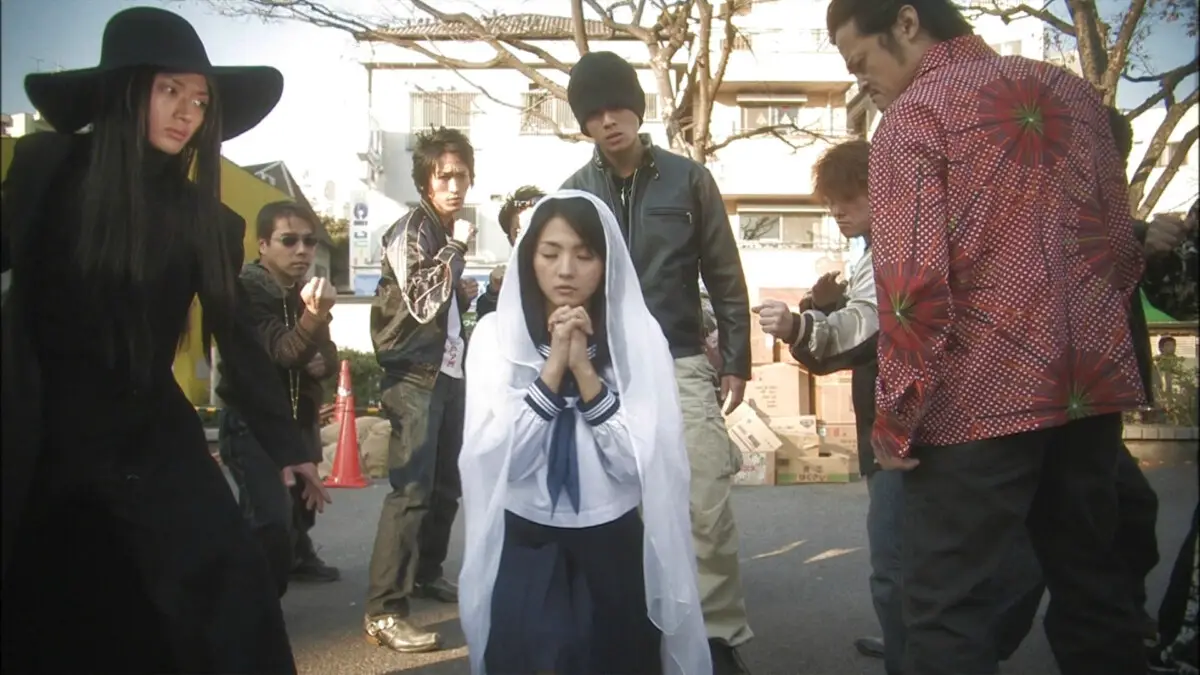
3. Eureka
"Eureka" is a slow-moving film whose tempo corresponds to the type of process that its protagonists go through. It gives a look into the scarred souls of these individuals, as well as the opportunity of healing and starts afresh while maintaining the private character of their feelings. Finally, "Eureka" becomes a human story about one of our most amazing characteristics: the ability to start over and live even when the violence of our lives has become constant background noise.
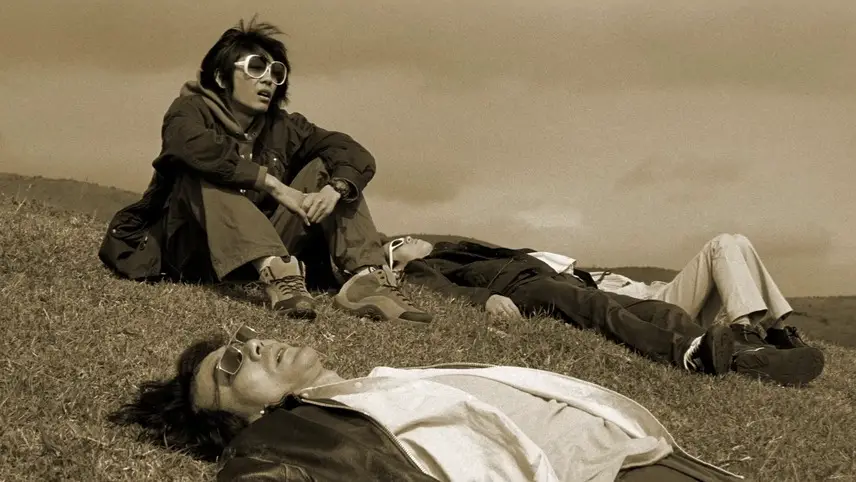
4. The Human Condition Part I: No Greater Love
Despite the fact that war has broken out, Kaji (Tatsuya Nakadai), a conscientious objector, feels that his employment as a mining business manager would save him from being recruited. His most recent pet project is to improve working conditions for Chinese miners in a remote mine, and his bosses, despite their reservations, agree. Kaji is disappointed to find little support for his ideas once he arrives, and when POWs are brought to the workforce, he risks his job by assisting them.
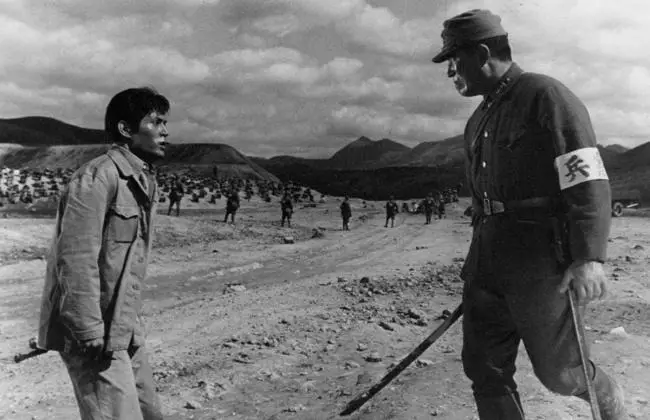
5. Eros + Massacre
Yoshida's enduring masterwork is one of the great late works of the Japanese New Wave, offering an enormous and remarkable vision of unconventional desire as a forceful but ultimately untenable means of political resistance. Eros + Massacre depicts the last days of famed feminist Noe Ito—beautifully played by Mariko Okada—and her boyfriend, the flaming anarchist Sakae Osugu, leading up to their cruel death by military forces in 1923. The more fluid flow of Eros + Massacre from sad past to urgent present reveals how political insurrection is dragged by a deeper, almost mythological pattern established by two generations of revolutionaries' common imagination and desire.
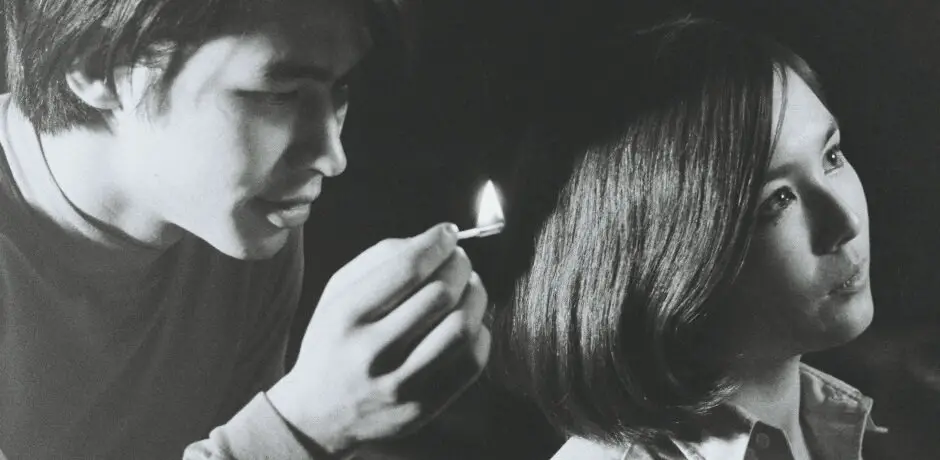
6. United Red Army
Student demonstrations in Japan quickly led to the foundation of the United Red Army, a new left-wing organisation. The group of young people, led by Hiroko Nagata (Akie Namiki) and Tsuneo Mori (Go Jibiki), travels to the highlands for paramilitary training. Despite the fact that the group is opposed to Japan's military ambitions, the leaders imitate the practice of executing members for minor offences such as kissing. The Asama-Sanso event, in which several members are slain, culminates the group's brief ascension to power.
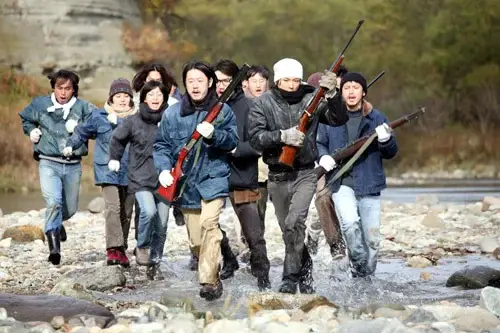
7. The Sands Of Kurobe
Kitagawa is a Japanese engineer tasked with developing a large tunnel through the Japanese Alps to convey equipment for the construction of the colossal Kurobe Dam. Kitagawa is besieged by cave-ins and flooding as the tunnel passes an earthquake fault.
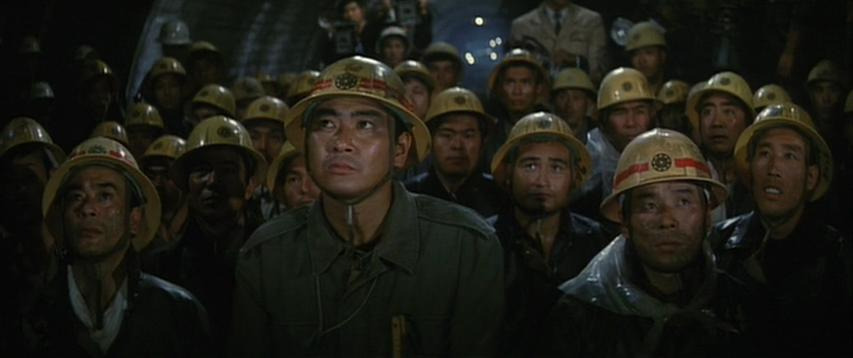
8. Chushingura
Forty-seven samurai warriors await the chance to punish their lord and recover their dignity when their lord is duped into committing ritual suicide. Forty-seven samurai warriors await the chance to punish their lord and recover their dignity when their lord is duped into committing ritual suicide.
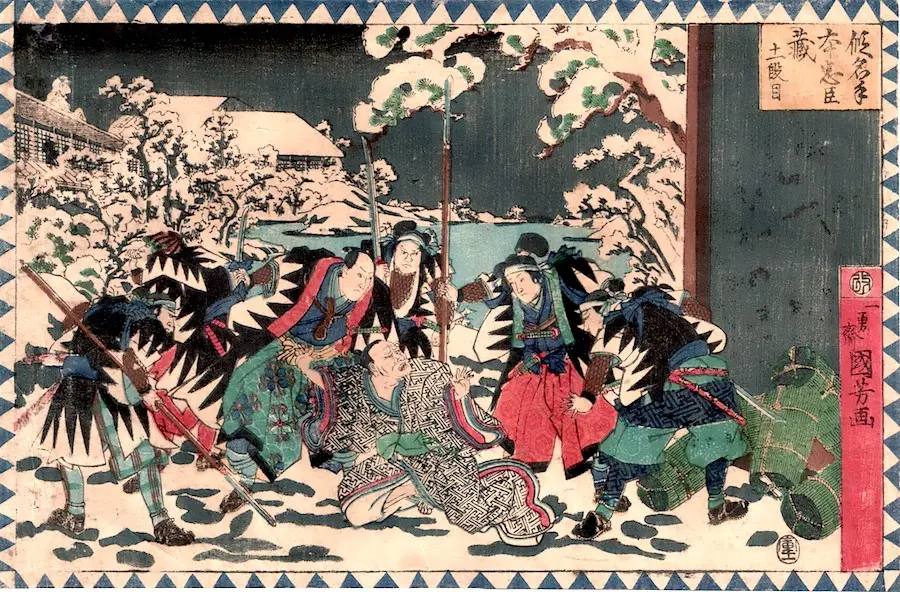
9. The Human Condition III: A Soldier's Prayer
The protagonist is Kaji, a pacifist. Kaji has grudgingly learnt to kill on the battlefields after being forced into the Japanese military during World War II. Following his country's capitulation, Kaji and a group of soldiers set off on foot on an arduous trek south, hoping to reunite with Michiko. He is seized by the Red Army after braving several risks and is subjected to treatment similar to that given to the Chinese.
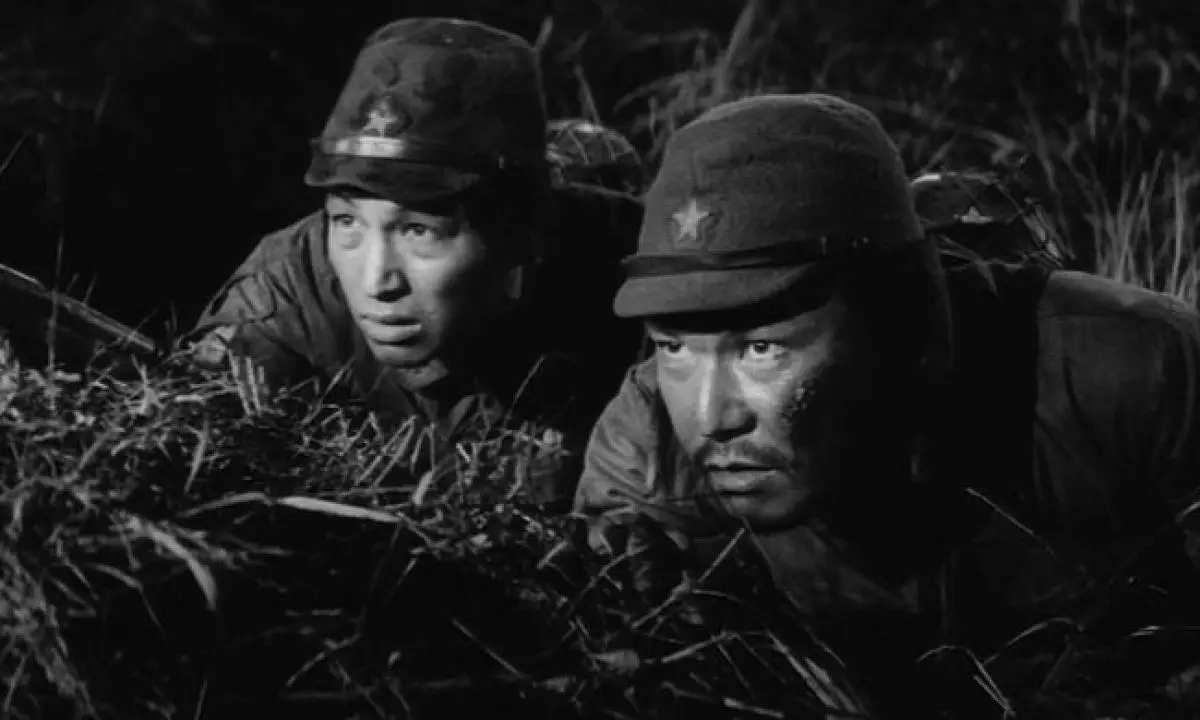
10. Red Beard
Noboru Yasumoto (Yûzô Kayama), hoping for a simple work as a personal physician for an affluent family, is disillusioned when his first employment after medical school places him in a small country clinic under the stern doctor Red Beard (Toshirô Mifune). Yasumoto defies Red Beard in a variety of ways, but he shows to be a knowledgeable and patient teacher. He progressively exposes his student to the less glamorous aspects of the trade before entrusting him with the care of a prostitute (Terumi Niki) rescued from a nearby brothel.
